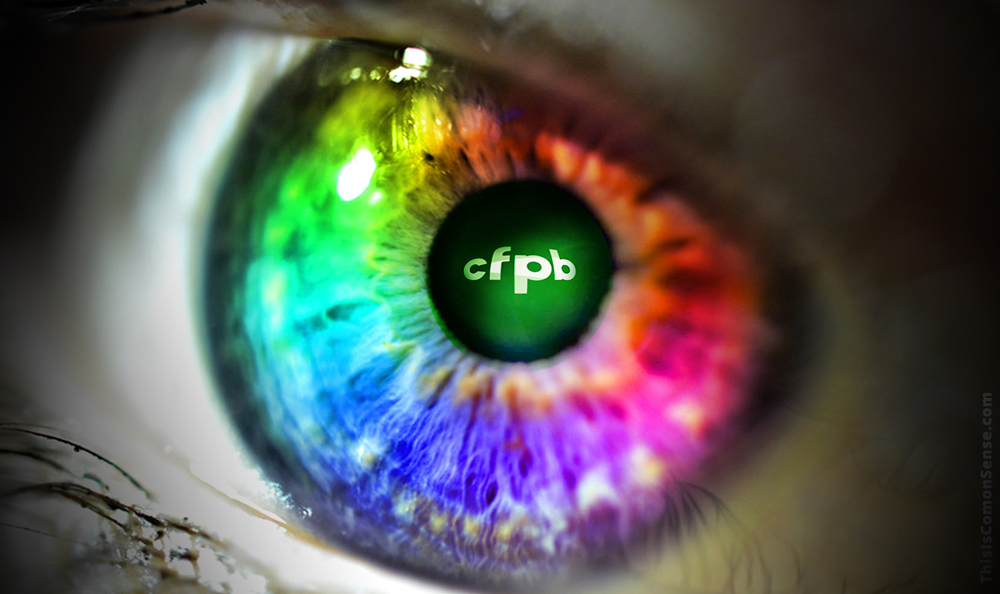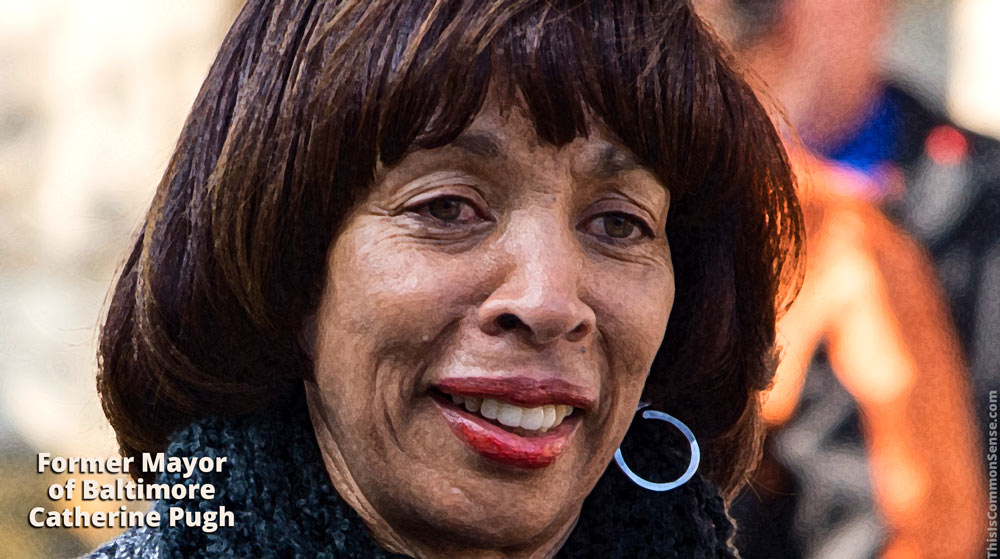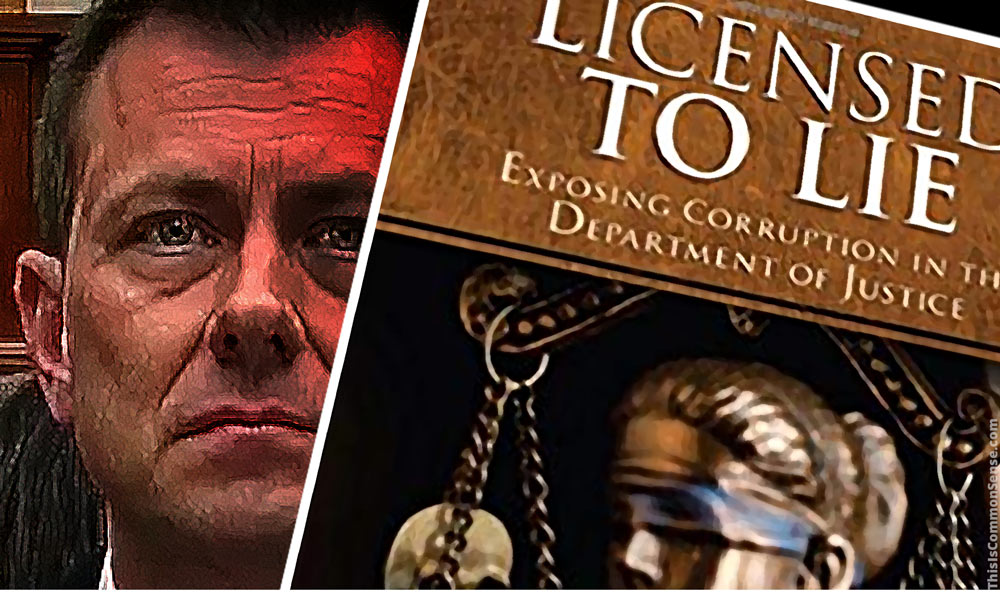The National Commission on Military, National and Public Service released its report today, advocating that Congress should force our daughters to register for the military draft.
“The commission recommended that the United States keep a draft option in place,” explains The New York Times. Commission chair and former Nevada Congressman Joe Heck called it a “low-cost insurance policy against an existential national security threat.”
But that flies in the face of former Selective Service Commissioner Bernard Rostker’s testimony: “there is no need to continue to register people for a draft that will not come; no need to fight the battle over registering women, and no military need to retain the MSSA [Military Selective Service Act].”
And speaking of “an existential national security threat,” the scenario Heck put forth at one hearing was a simultaneous invasion from both Canada and Mexico.
Puh-leeze.
“This is a necessary and fair step,” states the 255-page report, according to Politico, “making it possible to draw on the talent of a unified Nation in a time of national emergency.”
It has always been possible to draw on the talents of the American people — both men and women. Just not to draft folks against their will.
Legitimate arguments for fairness and equality* must not obscure what we are talking about: A step closer to using force to fill the military’s ranks.
There is only one reason for a military draft: the inability of a nation to persuade citizens to voluntarily defend their country. Yet, as I told the commission last year, never have Americans failed to rise to their country’s defense.
Conversely, too often our “leaders” have substituted foreign misadventures for actual national defense.
This is Common Sense. I’m Paul Jacob.
* More soon on the sort of “equality” being envisioned in the next military draft.

—
See all recent commentary
(simplified and organized)










